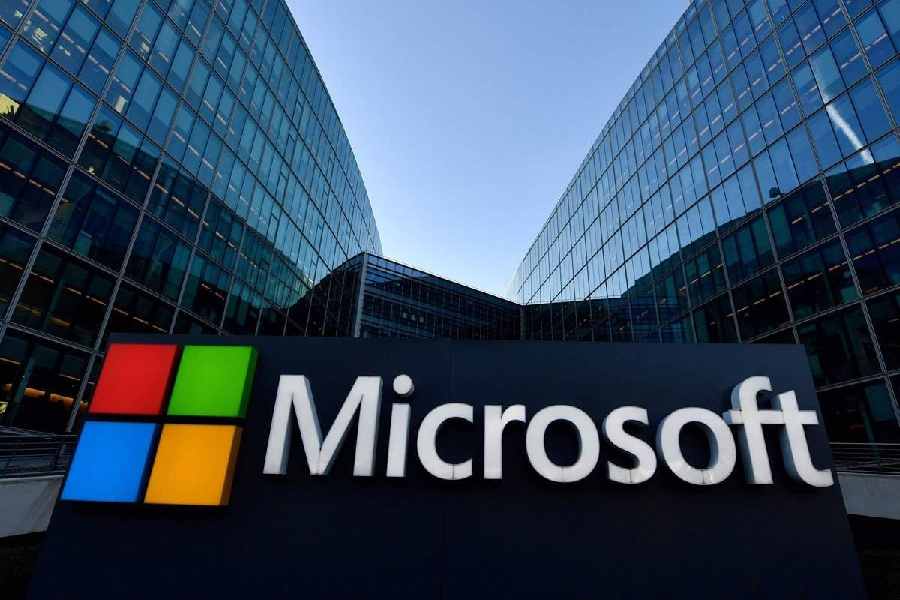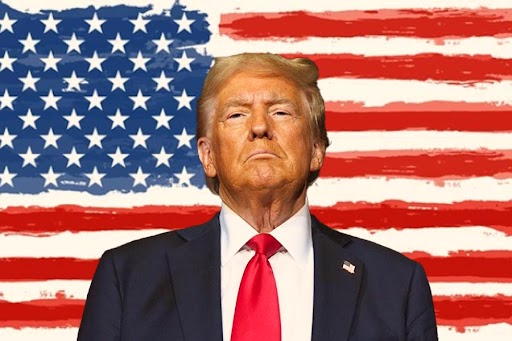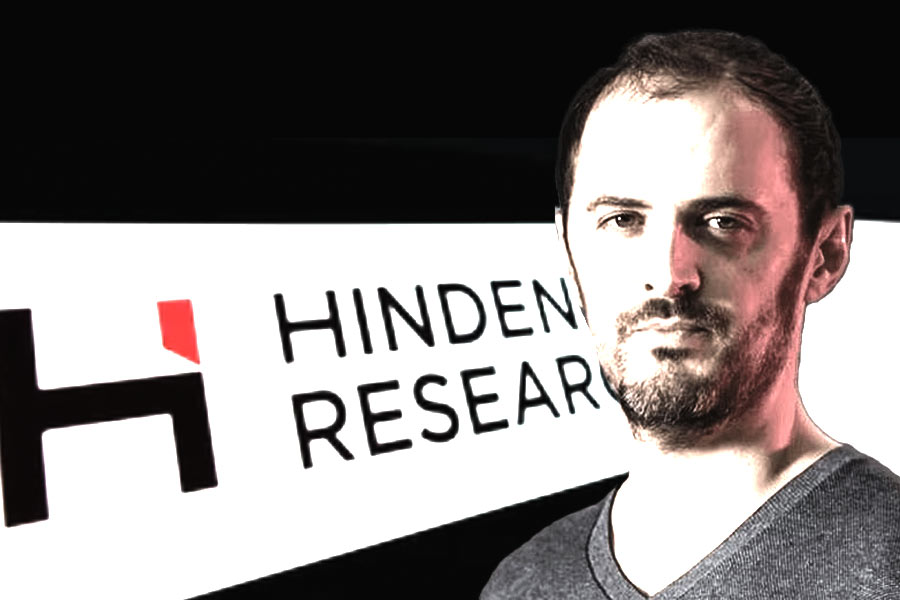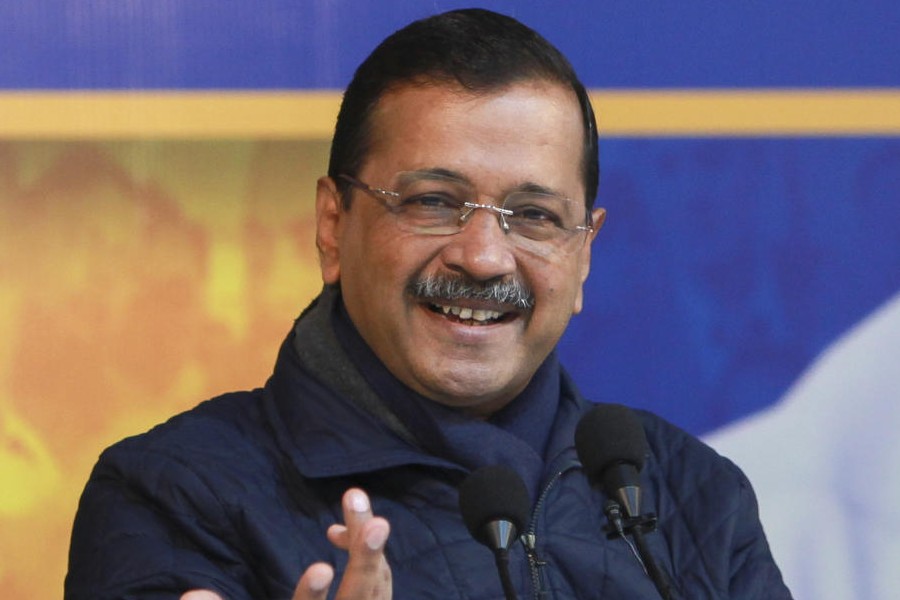Microsoft has relinquished its seat on the board of OpenAI, saying its participation is no longer needed because the ChatGPT maker has improved its governance since being roiled by boardroom chaos last year.
In a Tuesday letter, Microsoft confirmed it was resigning, “effective immediately”, from its role as an observer on the artificial intelligence company’s board.
“We appreciate the support shown by OpenAI leadership and the OpenAI board as we made this decision,” the letter said. The surprise departure comes amid intensifying scrutiny from antitrust regulators of the powerful AI partnership.
Microsoft has reportedly invested $13 billion in OpenAI.
EU regulators said last month that they would take a fresh look at the partnership under the 27-nation bloc’s antitrust rules, while the US Federal Trade Commission and Britain’s competition watchdog have also been examining the pact.
Microsoft took the board seat following a power struggle in which OpenAI CEO Sam Altman was fired, then quickly reinstated, while the board members behind the ouster were pushed out.
“Over the past eight months we have witnessed significant progress by the newly formed board and are confident in the company’s direction,” Microsoft said in its letter.
“Given all of this we no longer believe our limited role as an observer is necessary.”
With Microsoft’s departure, OpenAI will no longer have observer seats on its board. “We are grateful to Microsoft for voicing confidence in the Board and the direction of the company, and we look forward to continuing our successful partnership,” OpenAI said in a statement.
It’s not hard to conclude that Microsoft’s decision to ditch the board seat was heavily influenced by rising scrutiny of big technology companies and their links with AI startups, said Alex Haffner, a competition partner at UK law firm Fladgate.
“It is clear that regulators are very much focused on the complex web of inter-relationships that Big Tech has created with AI providers, hence the need for Microsoft and others to carefully consider how they structure these arrangements going forward,” he said.
OpenAI said it would take a new approach to “informing and engaging key strategic partners” such as Microsoft and Apple and investors such as Thrive Capital and Khosla Ventures, with regular meetings to update stakeholders on progress and ensure stronger collaboration on safety and security.
Microsoft took a non-voting, observer position on OpenAI’s board in November after Altman took back the reins of the company.
The seat meant Microsoft could attend OpenAI’s board meetings and access confidential information but had no voting rights on matters including electing or choosing directors.
The observer seat and Microsoft’s more than $10 billion investment in OpenAI have triggered unease among antitrust watchdogs in the EU, Britain and the US over how much control it exerts over OpenAI.
The position provided insights into the board’s work without compromising its independence, Microsoft saidin a letter to OpenAI dated July 9.
It cited OpenAI’s new partnerships, innovation, and growing customer base since Altman’s return to the startup as reasons for giving up its observer seat.
“Over the past eight months we have witnessed significant progress by the newly formed board and are confident in the company’s direction. Given all of this we no longer believe our limited role as an observer is necessary,” it said in the letter.
EU antitrust regulators last month said the partnership would not be subjected to the bloc’s merger rules because Microsoft does not control OpenAI, but they would instead seek third-party views on the exclusivity clauses in the agreement.
In contrast, British and US antitrust watchdogs continue to have concerns as well as questions about Microsoft’s influence over OpenAI and the latter’s independence.
AP/PTI, Reuters











